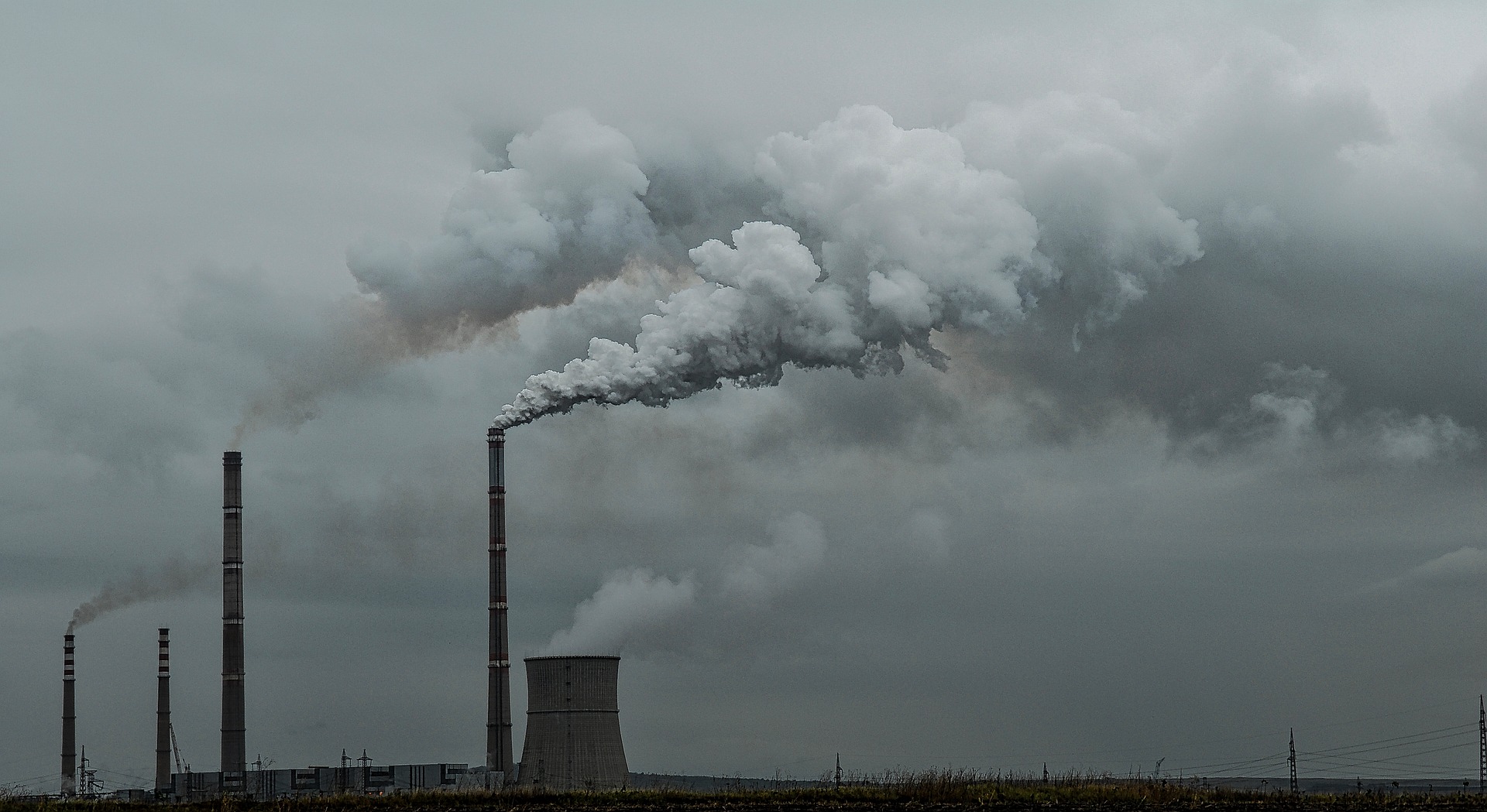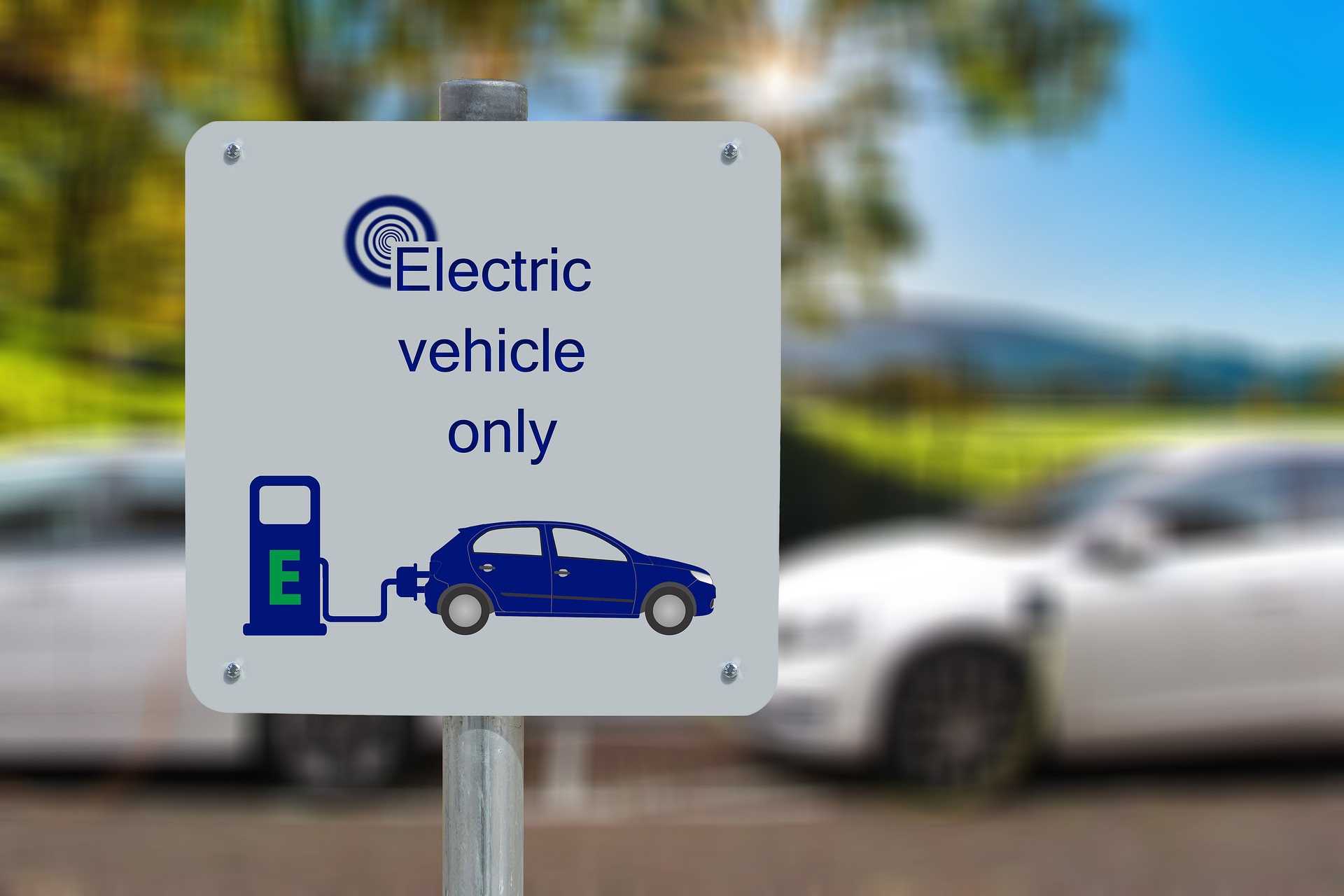Santander has announced in a press release that it has become a founding member of the Net Zero Banking Alliance (NZBA), which has been convened by the United Nations Environment Programme Finance Initiative (UNEPFI).
Its goal is to help mobilise the financial support necessary to build a global zero emissions economy and deliver the goals of the Paris Agreement, besides providing a forum for strategic coordination among financial institutions to accelerate the transition to a net zero economy.
The NZBA brings together an initial cohort of 43 of the world’s leading banks, which also include BBVA, Bank of America, HSBC or BNP Paribas. Santander has highlighted that they focus on delivering the banking sector’s ambition to align its climate commitments with the Paris Agreement goals with collaboration, rigour, and transparency, acknowledging the necessity for governments to follow through on their own commitments.
The commitments that have been reached by all of them include transitioning all operational and attributable greenhouse gas (GHG) emissions from their lending and investment portfolios to align with pathways to net-zero by mid-century, or sooner. They have also decided to set intermediate targets for 2030, or sooner, for priority GHG-intensive and GHG-emitting sectors; and to facilitate the necessary transition in the real economy through prioritising client engagement and offering products and services to support clients’ transition.
“If we are to green the world’s economy, we need a truly global effort: banks, companies, governments, regulators and civil society working together at pace. At Santander we are proud to be part of the founding members of this new alliance, and to accelerate progress towards net zero”, has commented Ana Botín, executive chairman at Banco Santander.
Santander has pointed out that is already playing a major role in helping to tackle climate change and enable the transition to the green economy. In February 2021 it announced its ambition to achieve net zero carbon emissions by 2050. The bank also published its first decarbonization targets with the ambition that, by 2030, it will have stopped providing financial services to power generation clients with more than 10% of revenues dependent on thermal coal, as well as eliminating all exposure to thermal coal mining worldwide and aligning its power generation portfolio with the Paris Agreement. At the end of 2020, Santander CIB was the world leader in renewable financing, according to Dealogic.



